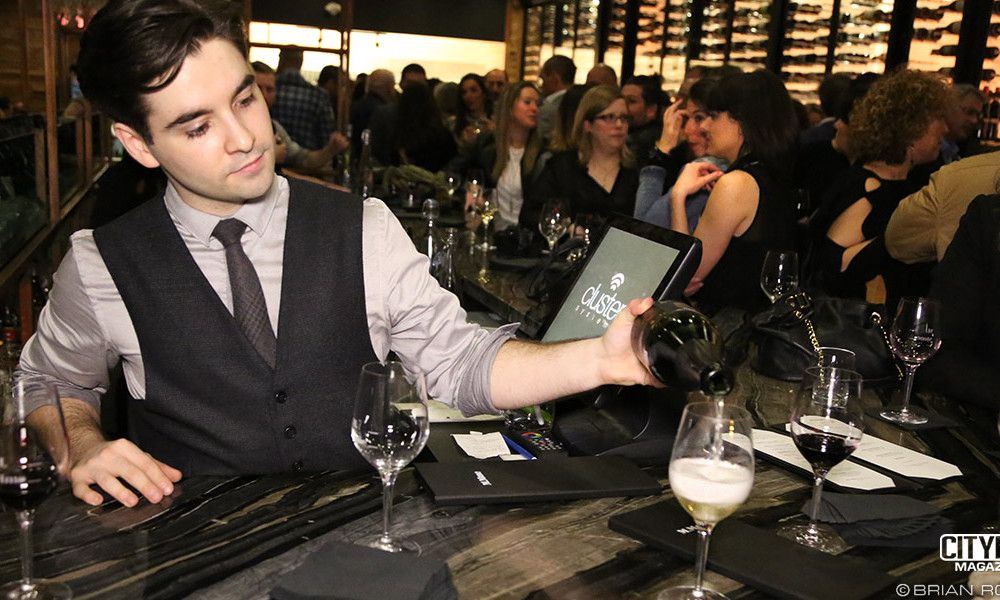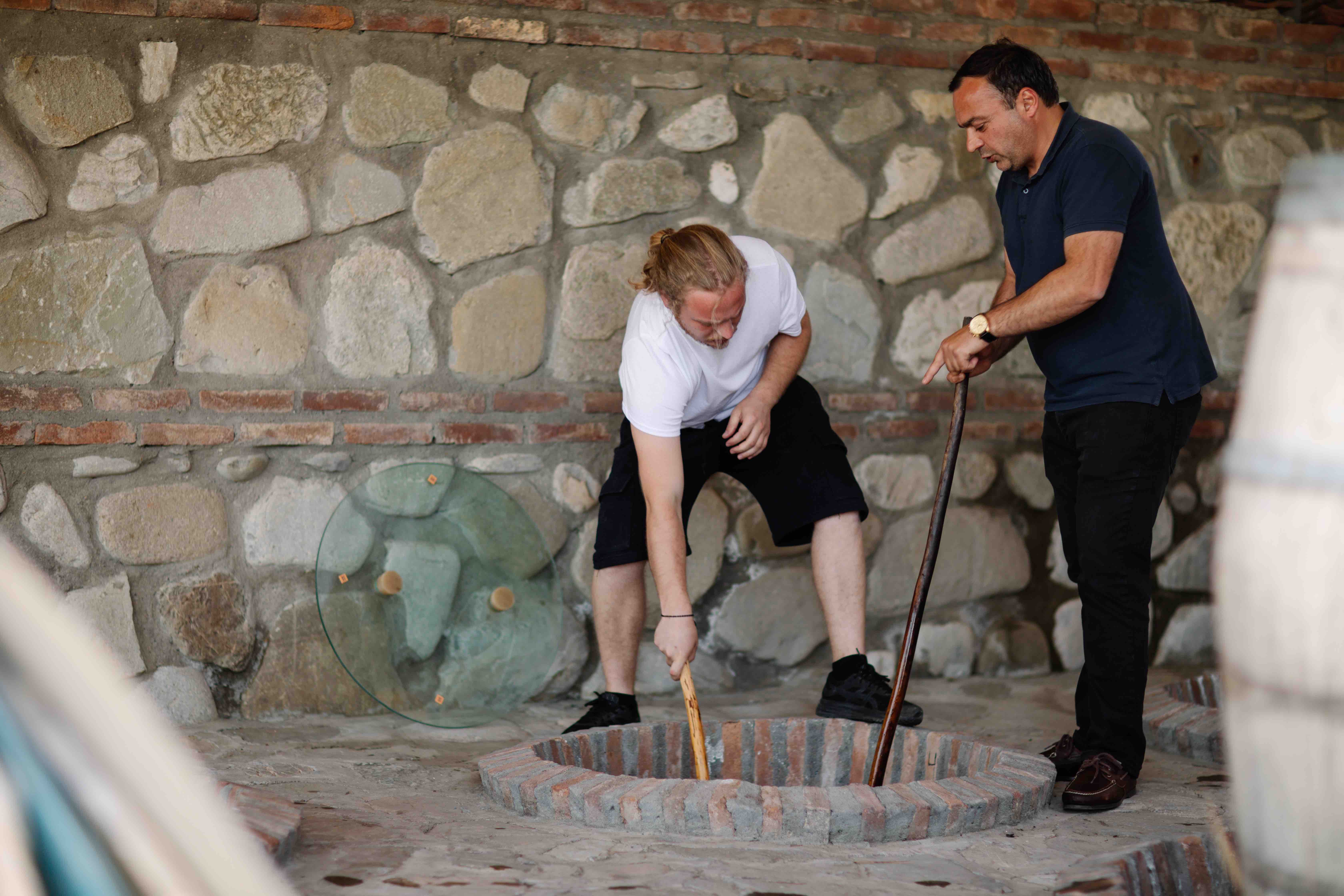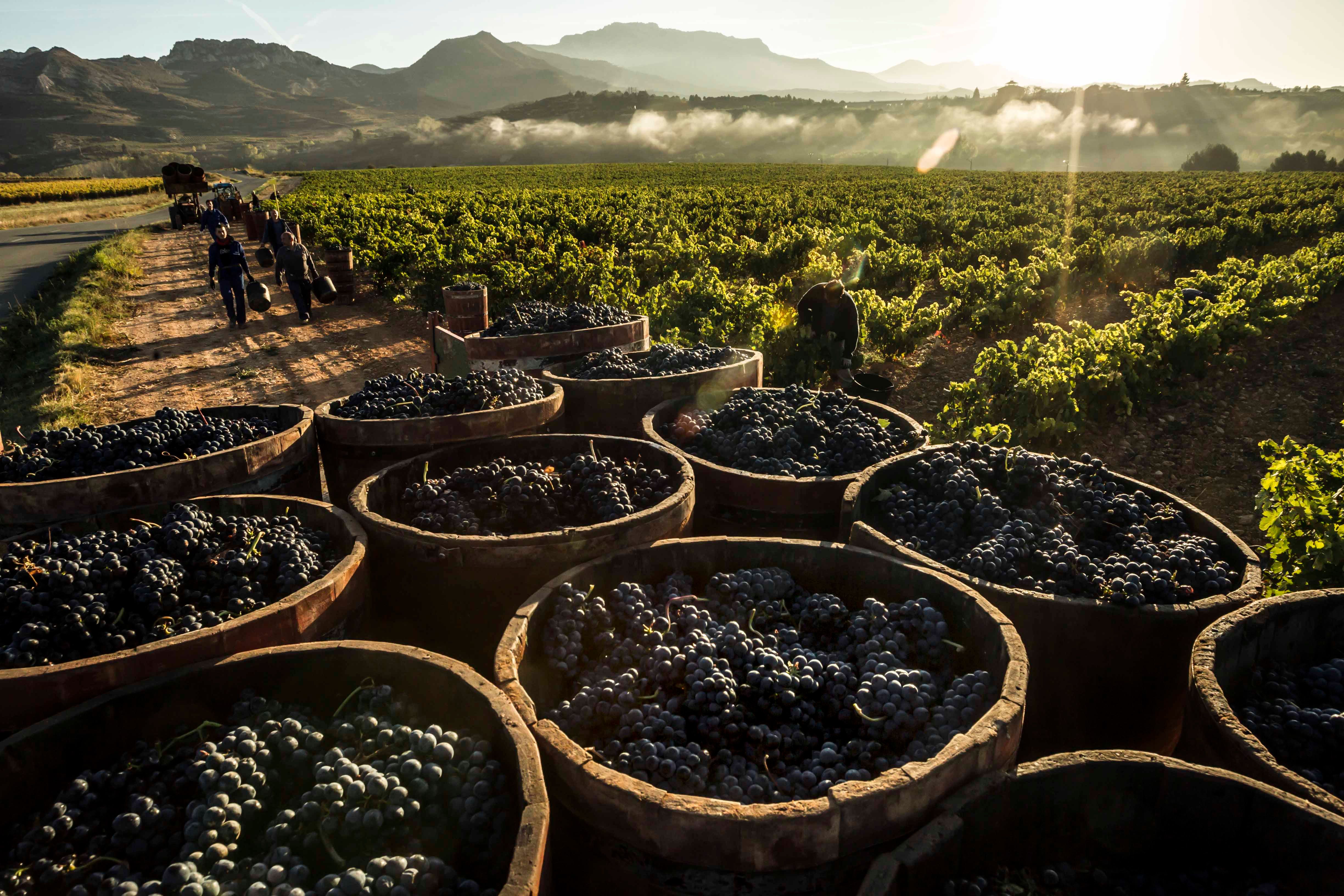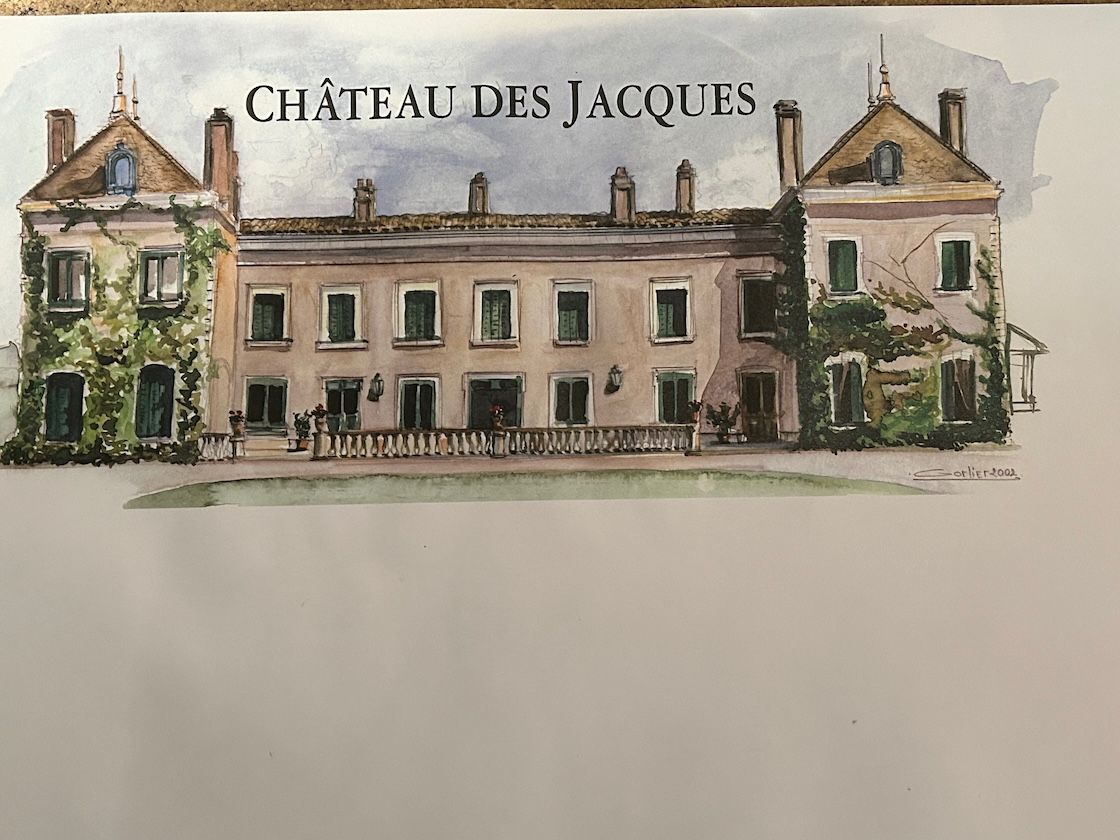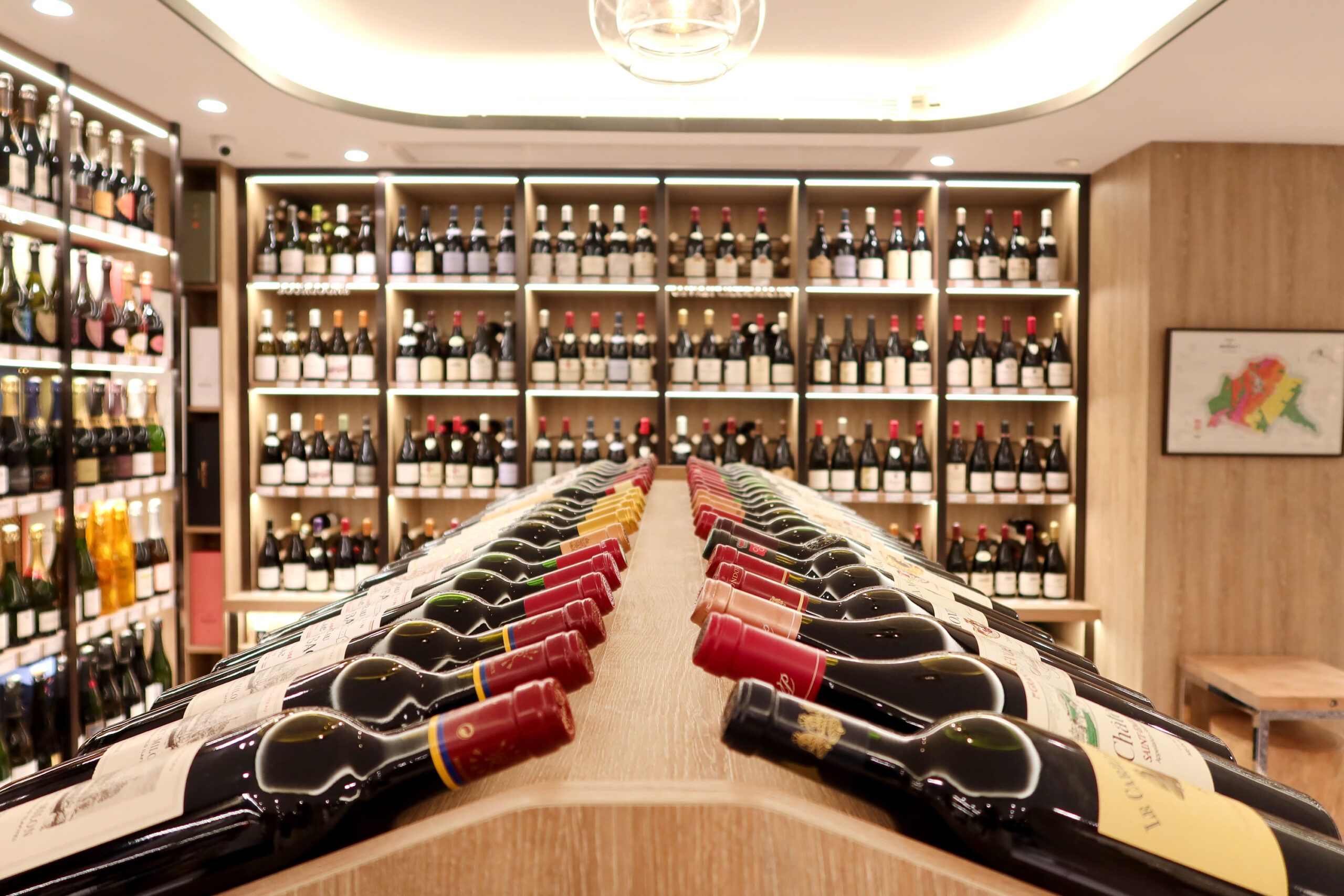More major drinks distributors are starting to pass on the increased cost of importing wine to the UK thanks to the fall in the value of sterling. Here the WSTA assesses the long term impact this could have on the trade.
The cost of a bottle of wine in the UK could go up by 29p on average, as a direct result of the plummeting pound and threat of Brexit, according to the latest figures released by the Wine and Spirit Trade Association.
It calculates that the average bottle of wine coming from the EU could go up by 29p and by 22p for wine from outside of the EU if the current currency situation continues.
Whilst on paper this appears a problem for the UK trade, particularly considering it imports 99% of the 1.8 billion bottles drunk in the country. But such huge prices will have a big knock-on effect around the world when you consider one in seven bottles exported globally is destined for the UK.

Patrick McGrath urges the wine trade to wake up to the ramifications of Brexit and the falling pound
Patrick McGrath, managing director of UK wine distributors, Hatch Mansfield, said: “It is not well understood that the UK is the global hub of the international wine trade. The fall in the value of sterling is having a serious and immediate impact on importers. While currency fluctuations are an accepted risk for importers, three months on there appears to be little prospect of a return to pre-referendum values.”
He added: “The importers are having to meet the increased costs, which is already having a significant impact on profitability. In the immediate aftermath of the referendum we were covered forward for foreign currency. However this “cushion” has now run out. This will mean that we will be forced to increase our selling prices.”
The WSTA has analysed how the dramatic fall in sterling has already impacted on the wine industry since the referendum. Since June 23 when Britain voted to leave the EU.
Its figures show that because of the overall 15% drop in sterling’s value since June 23, the day of the referendum, the cost of importing EU wine could go up £225m per annum. This is on the back of a 12.5% drop against the euro, 13.7% on the US$ and 14.7% on the Aus$.
All of which means the cost of importing wine from outside the EU could increase by £188m per year if sterling does not recover some ground.
Equivalent of a 10% duty hike
If the situation continues as it is then the cost the to the UK wine industry will be £413m. This is the equivalent of a staggering 10% hike in total alcohol duty. Whilst some of this may get passed on to the consumer, a large proportion will have to be swallowed up by the trade, warned the WSTA.
The figures are further ammunition in the WSTA’s bid to convince the UK government that wine should be treated more fairly in next year’s budget and should not have to face another duty rise in face of such increased costs and losses in profit.

WSTA’s Miles Beale said it was vital the government treated the wine trade fairer in the next budget
Miles Beale, chief executive of the WSTA, explained: “We should be under no illusions that wine prices are likely to increase, which in the current climate could lead to a bottle of wine going up by 29p.
“This is of grave concern to the wine industry and it is vital that government come out in support of the trade which generates £17.3bn in economic activity.
“We are just weeks away from the autumn statement. Any increase in duty, on top of the post-Brexit Sterling devaluation, would have dire consequences on Britain’s wine trade.
“It is not only consumers who will feel the impact of price rises, but also by more than a quarter of million employees in the world leading UK wine industry.”
The WSTA is urging everyone involved in the UK wine industry to play its part by lobbying their local MP and letting them know how important and what a role the wine and spirits sector plays in the overall industry. For example, it directly employs 170,000 people and further 100,000 through its supply chain.
“We want people to understand the facts so that they can make their case for a better treatment for wine in the next budget,” Beale told The Buyer.
The UK is the 2nd largest trader in wine by volume (behind Germany) and by value (behind USA), cementing its role as a key international player, said the WSTA. The UK wine and spirits industry in 2015 contributed £15.6bn to the Treasury.
Working up a global plan
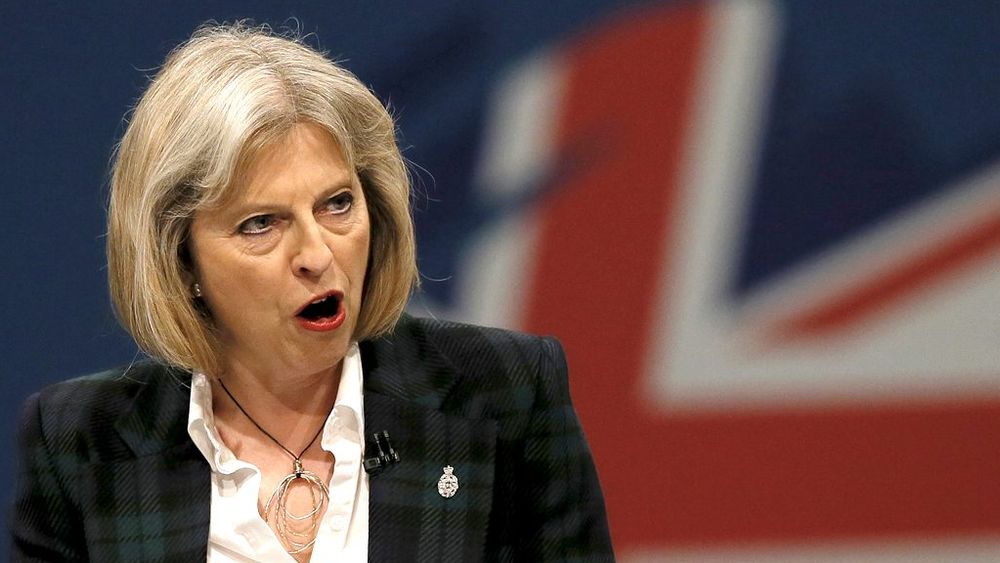
The WSTA hopes to be able to deliver trade agreements with world wine producing countries to the British government
Beale told The Buyer that is quietly, but resolutely working away behind the scenes with all the major non-EU wine and spirits producing countries to put in place a benchmark new model trading agreement that could be implemented immediately by the government the moment the UK leaves the EU. It is, for example, taking a participating role in the World Wine Trade Group to look at common ground and ways to work together post Brexit.
He said the trade, and particularly the WSTA, is well equipped with former government civil servants, like himself, who are quite familiar in how the government works and will be able to draw up trade agreements with their counterparts around the world, that would be fit for purpose for the government to take on and implement. It is already working closely with its Australian and New Zealand trade counterparts to produce a document both sides can agree on.
Beale is due to have meetings with senior trade ministers next month to keep them up to speed with its developments and what steps have already been made. “We can go and talk and pitch it to them,” he said. “We can effectively say we can do the work for you.”
He believes it makes complete sense for the government to make the most of such expertise, particularly in light of the huge work load the Brexit negotiations are going to bring, and the shortage of civil servants to do the work.
“This is a real opportunity for the government. If they are happy with our approach then they could have six to eight wine trade agreements already in place as soon as we leave the EU,” he added.
This would be particularly advantageous as the government can’t formally negotiate itself such agreements until after it has left the EU.
